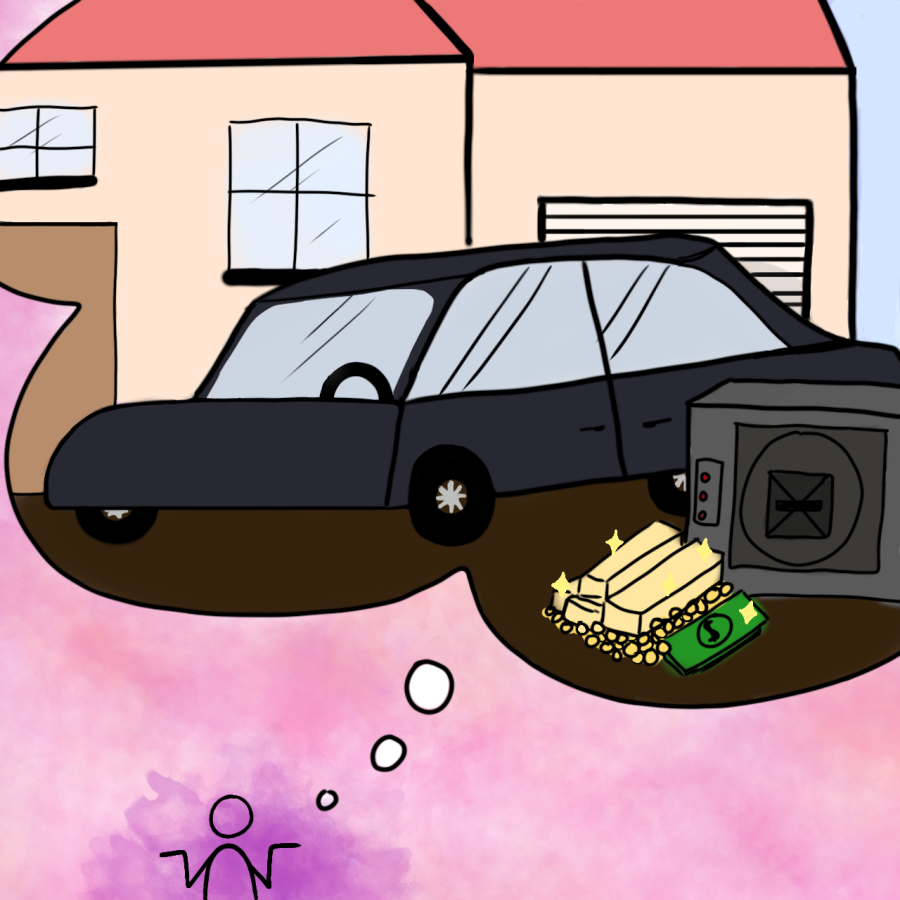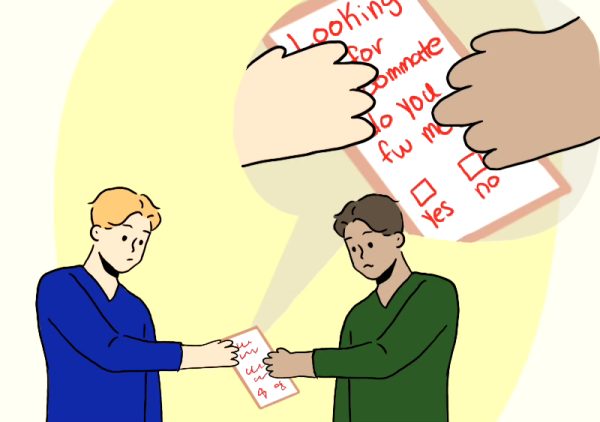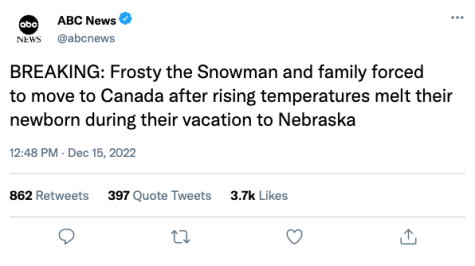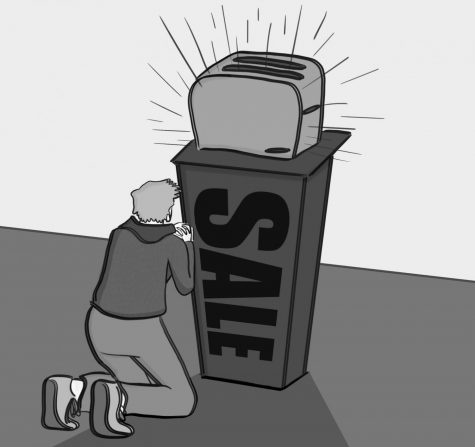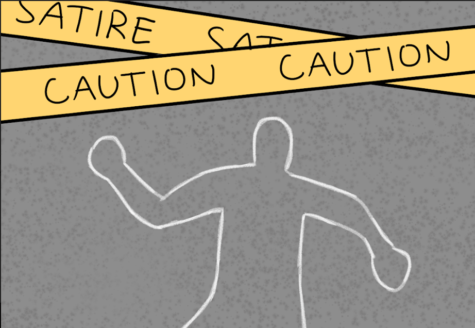SATIRE: What you can do for Black History Month
February 24, 2022
*Disclaimer: all people mentioned in this article are fictional
In lieu of the start of Black History Month, dedicated to the commemoration of African Americans’ arduous journey, the concept of delivering reparations as repayment for slavery has strongly resurfaced. Yet, the US has still failed to provide an answer or action despite the incredibly large wealth gap between white and Black citizens.
However, if the government can’t do it, maybe you can! Maybe it takes grassroots efforts to influence the country’s leaders to take action as well. So, as you go along your day scrolling through social media, adhering to or delivering these demands is absolutely essential. Whether you come across aired-out desires for goods or services, be ready to use your elbow grease and put your best foot into it!
Commonly, you’ll see demands for prized possessions costing considerable amounts of money: “Houses, cars, money, gold assistance, services—emphasis on the gold,” junior Emilia Tucker said.
And then you’ll come across those aiming to solidify their school grades: “All I want is just to have all A’s,” freshman Randy Miller said. “[I want] all these teachers to give us A’s…for our suffering, of course.”
For those searching to aid Black civilians in multiple walks of life, consider prioritizing money; money almost solves all.
“$5,000, and college tuition, and a trip to the gas station to go to where I want, and a car, and $5,000 more,” senior Walter Cook.
Soon, the personal favorites for the repairers will become the labor-intensive services.
“I want [white people] to carry my bag,” sophomore Maurice Hill said.
Not only are these reparations more viable options for those hesitant to purchase expensive property, but they also provide a greater sense of selflessness by doing the service yourself.
“I want them to hold the door for me,” Hill said.
No longer will one have to toss and turn in their bed at night realizing that little has been done to even meagerely apologize to the Black community for slavery and years of discrimination.
“I want them to get my lunch because I’m not standing in that line anymore,” Hill said.
The stalled actions of the government will surface as more people come to pay their dues. Your combined efforts to do what the government fails to do will result in tremendous support for African Americans looking for a fair opportunity to establish an ever higher place in society. The next time you see a Black peer in the halls or classrooms, consider CashApping them!
Despite this, there’s no doubt that monetary or physical commodities will never be able to amount to the generational pain and suffering imposed onto (and continued to be experienced by) the Black community. Even since the abolishment of slavery, leading Black voices have created proposals—free college tuition, student loan forgiveness, and grants for small businesses, to name a few—in order to account for their societal suppression. However, because of this long period of inaction, the amount of eligible recipients will be large and difficult to identify. Is it right to give up hope, or can something still be done to ensure this race of Americans aren’t left behind in the dust?

